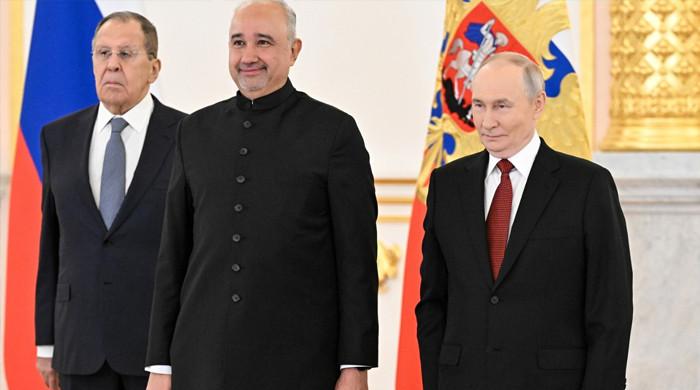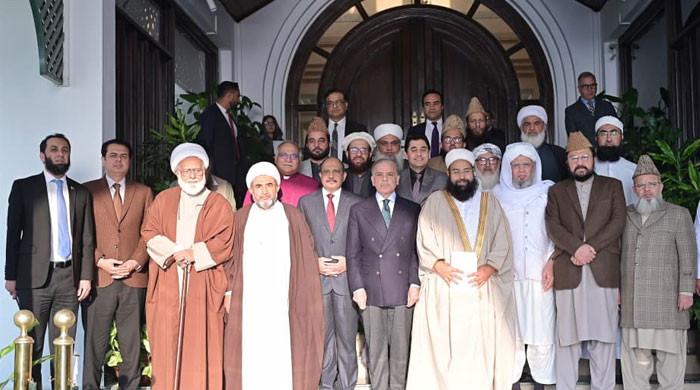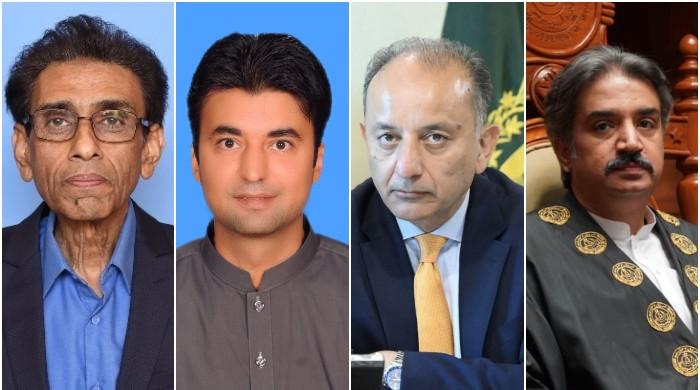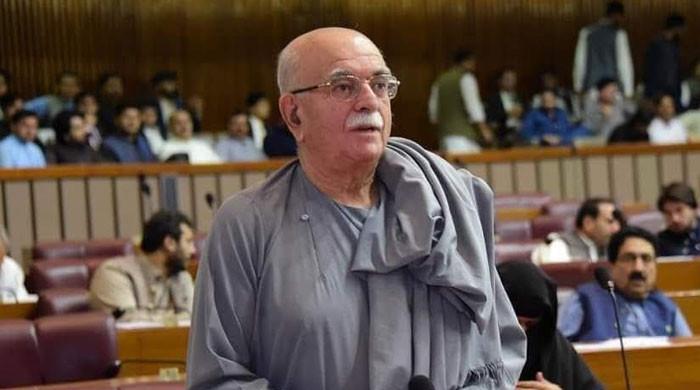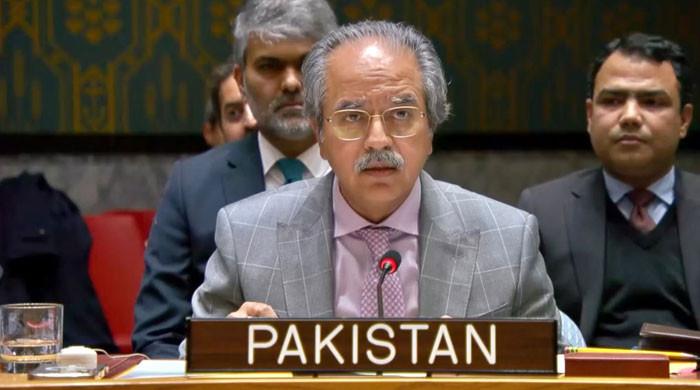Constitutional tweaks: Govt proposes selecting CJP from three top Supreme Court judges
Govt reportedly presents its draft of proposed constitutional amendments before special parliamentary committee
October 13, 2024
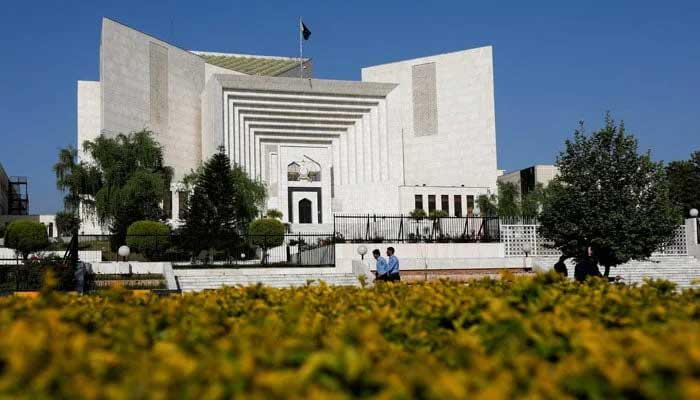
- Selection to be made by eight-member parliamentary committee.
- Govt, JUI-F share their respective drafts for constitutional changes.
- Govt-proposed seven-member constitutional court to include CJP.
ISLAMABAD: The successor of Chief Justice of Pakistan (CJP) Qazi Faez Isa will be picked from the three most senior judges of the Supreme Court, the government has proposed in its draft for the intended constitutional amendments, The News reported on Sunday.
The selection for the coveted post will reportedly be made by an eight-member parliamentary committee.
The coalition government has stepped up its efforts to evolve consensus on its controversial 'Constitutional Package' with all political parties regularly holding meetings of the special parliamentary committee — a body led by Pakistan Peoples Party (PPP) MNA Syed Khursheed Shah — to discuss the proposed constitutional changes.
To pass the constitutional amendments, the government needs two-thirds majority in parliament, while it is short of 13 votes in the National Assembly (NA) and nine in the Senate.
The government and JUI-F shared their respective drafts for the constitutional amendment in Saturday's meeting, with the former proposing the structure of Federal Constitutional Court (FCC), and the latter proposing a constitutional bench of the top court for constitutional matters.
According to the government draft, the FCC will consist of seven members, including the chief justice.
The first chief justice of the FCC will be appointed by the president on the advice of the prime minister. The first chief justice and three senior judges of the constitutional court will be appointed on the recommendation of the committee that would include four members of the parliament, federal law minister and a representative of the Pakistan Bar Council.
It has been proposed that a commission will be formed for the appointment of FCC judges, the head of which will be the FCC chief justice, and its five most senior judges will be members of the commission.
Apart from this, there will be provincial constitutional courts.
According to the proposed amendment, the prime minister will send the matter to the president after consultation on the name of a qualified judge.
The remaining members of the FCC will be appointed by the president in consultation with its chief justice, the names of chief justice and judges will be given to the prime minister through the parliamentary committee.
The age of a judge will be 40 years, three years of court experience and 10 years of legal experience will be mandatory.
An FCC will be established for the dismissal of a judge and the president will give the final approval for dismissal of any judge.
The proposed amendment states that the decision of FCC cannot be challenged in any court, while the decisions of four provincial constitutional courts can be appealed in the FCC.
Meanwhile, according to the JUI-F's draft, special benches of the Supreme Court will be formed to hear constitutional cases. The constitutional bench will consist of Chief Justice of Pakistan and four senior judges.
Fazl's party proposed to implement the 18th Amendment to the extent of appointing judges while the constitutional bench of the Supreme Court will be authorised to hear appeals against the decisions of the constitutional bench of the high courts.
Meanwhile, the cases related to interpretation of the Constitution will be heard by the constitution bench only.
The government had attempted to present the bill to amend the Constitution last month, but its allies as well as members from the opposition benches vehemently opposed the proposal, forcing the administration to begin a consultation process.





